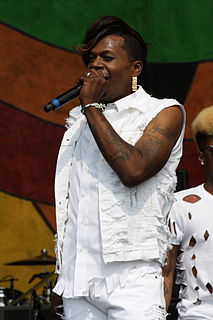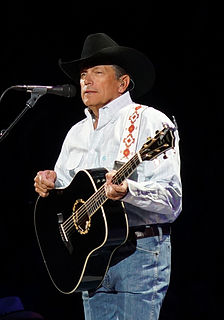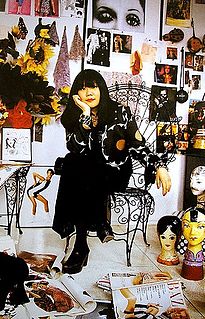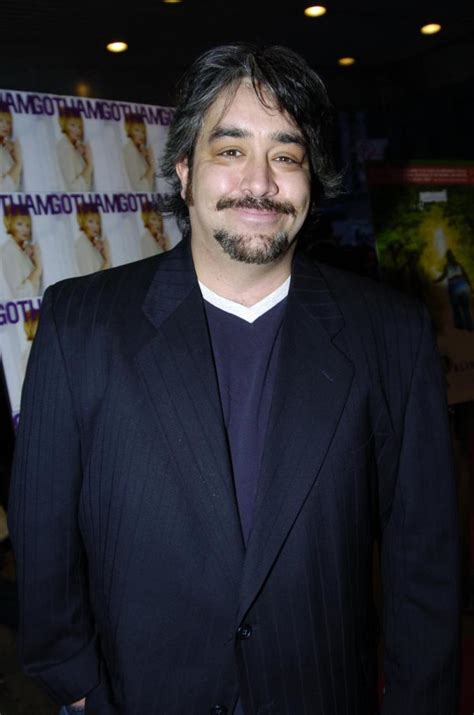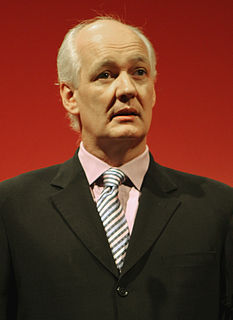A Quote by Pete Seeger
I learned by transcribing songs out of the Library of Congress collection in Washington where I was working. I got a job when I just turned twenty in 1939 and Alan [Lomax] needed some help. I listened to hundreds of records every week.
Related Quotes
I am a librarian. I discovered me in the library. I went to find me in the library. Before I fell in love with libraries, I was just a six-year-old boy. The library fueled all of my curiosities, from dinosaurs to ancient Egypt. When I graduated from high school in 1938, I began going to the library three nights a week. I did this every week for almost ten years and finally, in 1947, around the time I got married, I figured I was done. So I graduated from the library when I was twenty-seven. I discovered that the library is the real school.
I was young so when I had that job at Burger King, I was still in high school and I just needed to help out my mom. And help myself because I needed to buy some of my clothes. I did that for about three years and I had became a shift manager working at Burger King, doing my thing. I was young and excited to make my own money.
My clients were always poor folks, working folks, people who were in trouble and couldn't afford to pay a whole lot. I found it very difficult to say no to somebody who needed help, so most of my work turned out to be pro bono. It didn't start out that way, but it turned out that way because I never got paid.
I started collecting baseball cards and basketball cards when I was younger. I have a CD collection that turned into a DVD collection, and I have a Jordan shoe collection. And I don't drink, but I have a wine collection. I just started a sweatshirt collection. Every city that I'm in, I buy a sweatshirt. It's just something that I do.
He [Alan Lomax] started right off trying to find people who could introduce folk songs to city people. He found a young actor named Burl Ives and said, "Burl, you know a lot of great country songs learned from your grandmother, don't you know people would love to hear them?" He put on radio programs. He persuaded CBS to dedicate "The School of the Air" for one year to American folk music. He'd get some old sailor to sing an old sea shanty with a cracked voice. Then he'd get me to sing it with my banjo.
One time, the Library of Congress was giving books to local libraries around the country on Islam. The library of a guy named Walter Jones, who's a member of Congress from North Carolina, got some books and resource materials, and he got up in the press and said he didn't want any Muslim books in the library. And the people said, "Wait a minute, that's kind of anti-Muslim." He said, "Oh no, Keith Ellison is a friend of mine." And I said, "You know what? We are friends, but you're wrong about this.
The crazy thing is, I sent out 200 letters and I got one job interview, and I actually got that job, which was working as a development assistant at Joel Silver's company. I always say that to people when they ask "What do I do?" and I'm like, "Look, I didn't get ten responses, and I didn't get five interviews, but I got one interview, and I got the job," and that was all I needed.
The red library is Sui's tribute to fashion maven Diana Vreeland, who served as editor for Harper's Bazaar (1939-1962) and Vogue (1963-1961). My most precious collection is my bound Vogue magazines, .. and they're kind of like my Bible. I look at them all the time when I'm trying to inspire myself for a collection.
One of my first priorities as a new member of Congress in 2019 was to visit the CDC and learn firsthand about what they needed to help protect Americans. After my visit, I learned their budget had previously been cut, and that they needed funding to modernize their data systems to help prevent pandemics and other public health crises.
I got an amazing 10-CD set, it's the music that Alan Lomax recorded in Haiti in 1936. And what's incredible is how fantastic the drummers are and how off-the-grid they are. The liveliness is astonishing; they're just totally alive, these recordings. It's very interesting, to me, to be reminded of that, that there was a time when things were not that tight.


